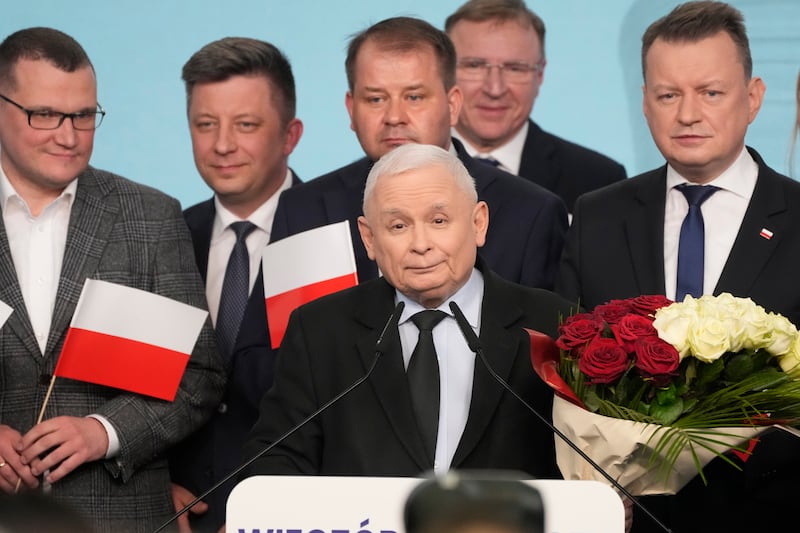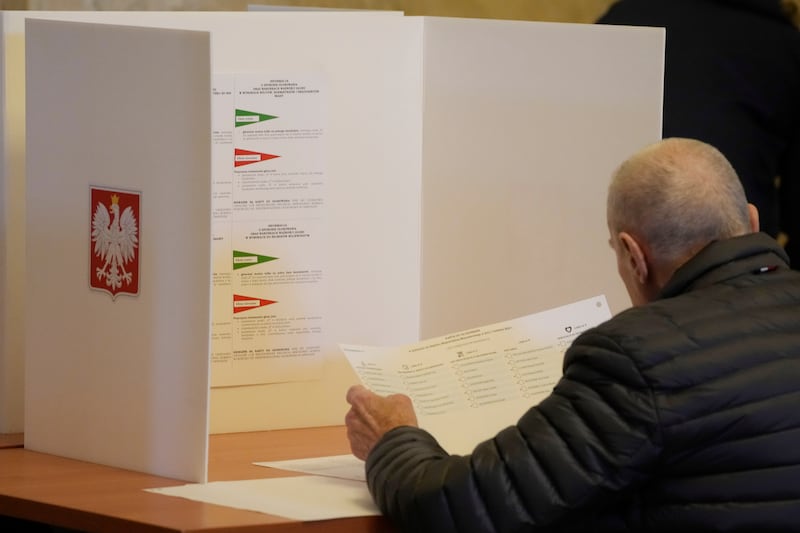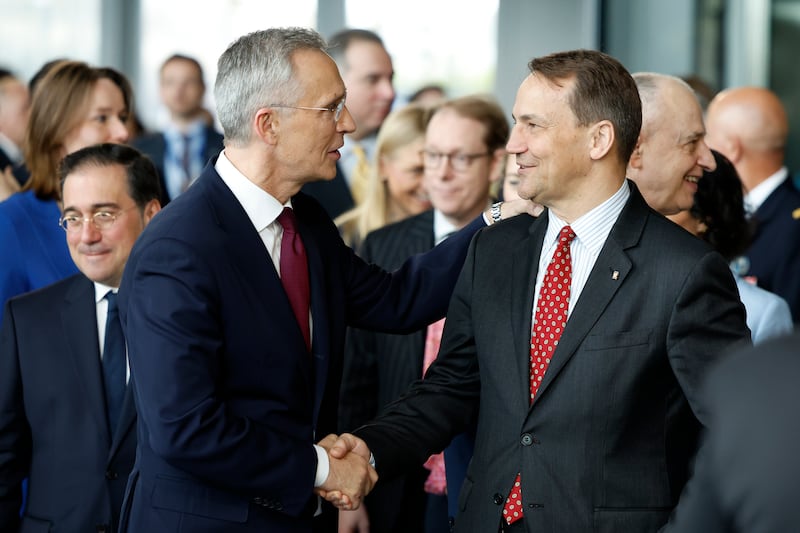Poland’s local and regional elections over the weekend failed to give Prime Minister Donald Tusk the sweeping victory he had hoped for in his efforts to reverse eight years of rule by a populist party that was accused by the European Union of eroding democratic norms.
Exit polls released after voting closed on Sunday night show that Mr Tusk’s centrist Civic Coalition did well in big cities, where it is popular with social liberals.
But the opposition Law and Justice party won more votes in elections for the country’s 16 regional assemblies, maintaining its dominance in conservative rural areas in eastern Poland.

The elections were a test for Mr Tusk four months after he returned to power as prime minister, a job he held previously from 2007-2014.
He returned to office last year vowing to restore judicial independence and democratic guardrails after changes to the judiciary led the EU to cut billions of euros in funding to Poland.
Funding is being restored but Mr Tusk still faces a difficult path – new laws must be passed to reverse many of the judicial changes and his vow to liberalise the country’s strict abortion law is being hampered by conservatives within his governing coalition.
The results from Sunday’s vote show that Poland remains deeply divided and that Mr Tusk continues to face a formidable opponent in the conservative Law and Justice party and its its 74-year-old leader Jaroslaw Kaczynski.
Some had dismissed Law and Justice after they lost power at the national level last year. But on Monday it was clear that the party, which ruled from 2015-2023, remains a force even though it’s lost some of the advantages it had when in power.
That includes its control over public media, a tool it used for years to push party propaganda. Mr Tusk’s government stripped his opponents’ political control over taxpayer-funded media in one of its earliest moves.

According to an exit poll by Ipsos, Law and Justice won 33.7% and Mr Tusk’s Civic Coalition 31.9%. The state electoral committee was still counting votes on Monday.
Mr Tusk also has reasons to be pleased following the election.
His allies won key mayoral roles, including in the capital.
Warsaw mayor Rafal Trzaskowski celebrated a sweeping reelection victory, with nearly 60% of the votes won on Sunday.
That puts him in a strong position to run for the presidency next year, when President Andrzej Duda will finish his second and final term.
Trzaskowski, now 52, barely lost to Duda in the 2020 presidential race.
Mr Tusk’s party, the Civic Coalition, was also projected to increase its control over the assemblies of the nation’s 16 provinces. The parties in his national governing coalition — which includes the Third Way and the Left — together won about 52%.
The Third Way was projected to get 13.5%, a solid result for a new electoral group that includes an agrarian party and is conservative on social issues. But it was a very poor showing for the Left, which was projected to win just 6.8%.
Mr Tusk, in a post on social platform X on early Monday, said he was happy about his party’s “record victory in cities” and the new advantage it had gained in the regional assemblies. But he expressed worries about “demobilisation, especially among young people, failure in the east and in the countryside”.








